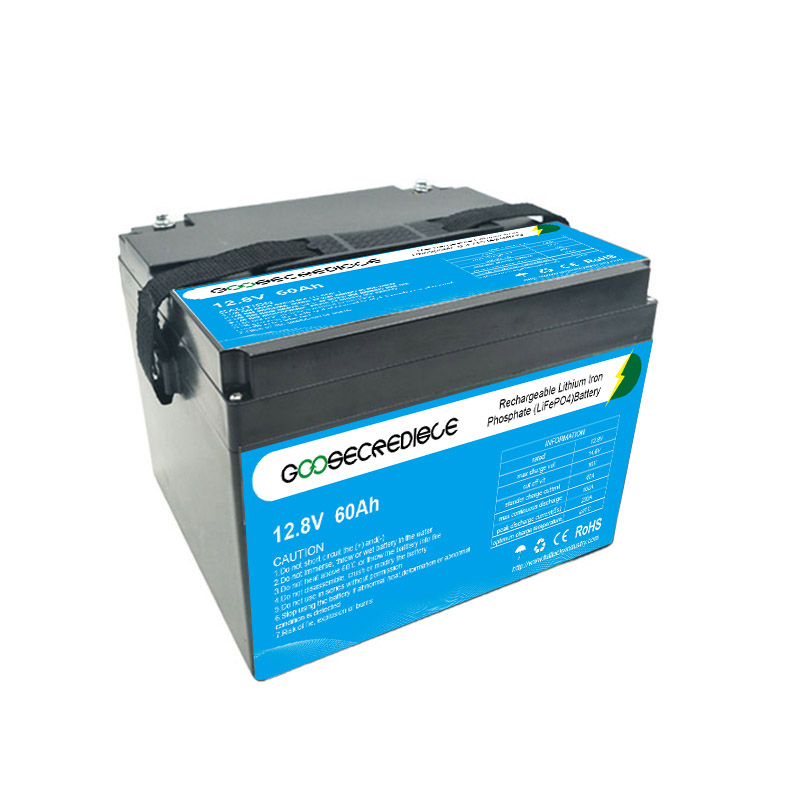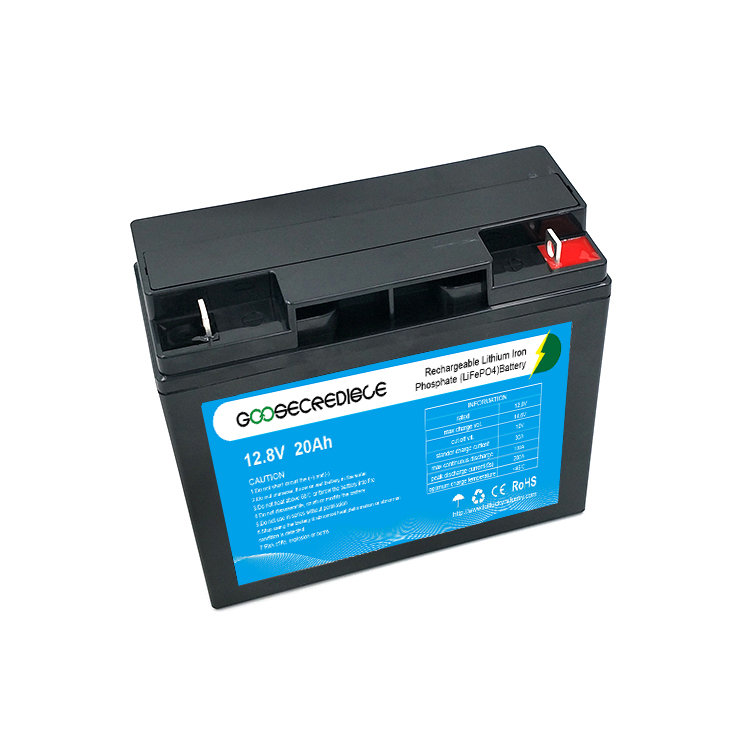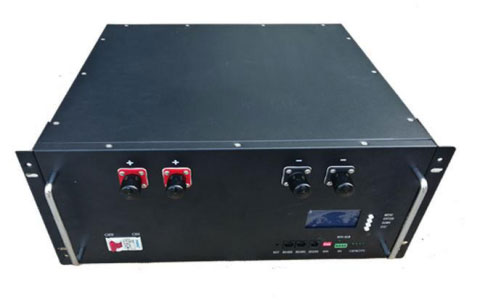Choosing the Right Starter Battery Supplier for Your Automotive Needs
A reliable and efficient starter battery is essential for any vehicle to function properly. Whether you own a car, truck, boat, or any other type of vehicle, the battery is the heart of the system. It provides the initial power to start the engine and also powers the vehicle’s electrical components. Therefore, it is crucial to choose the right starter battery supplier to ensure your vehicle’s optimal performance and longevity.
With so many starter battery suppliers in the market, selecting the right one can be overwhelming. Here are some factors to consider when choosing a starter battery supplier:
Quality: Look for a supplier that offers high-quality starter batteries. Quality batteries are essential for optimal performance and longevity.
Compatibility: Ensure that the starter battery is compatible with your vehicle. The supplier should be able to provide the right battery size, voltage, and specifications to match your vehicle’s requirements.

Reputation: Look for a supplier with a good reputation in the industry. Read customer reviews and testimonials to get an idea of the supplier’s reliability, customer service, and product quality.
Warranty: A good supplier should offer a warranty for their batteries. This gives you peace of mind knowing that you are covered in case of any defects or issues.
Price: Price is an essential factor when choosing a starter battery supplier. However, it should not be the only factor. Consider the quality, reputation, and warranty of the supplier before making a decision.
Once you have selected a supplier, you can enjoy the benefits of having a reliable and efficient starter battery for your vehicle.
Time: 2023-4-14
LiFePO4 battery technology is a relatively new and exciting innovation in the field of rechargeable batteries. This technology is quickly becoming the preferred choice for a variety of applications due to its high energy density, long cycle life, and safety features. In this article, we will explore the basics of LiFePO4 battery technology and its advantages over other battery technologies. What is LiFePO4 Battery Technology? LiFePO4 battery technology is a type of rechargeable battery that uses lithium iron phosphate (LiFePO4) as its cathode material. The anode material in this type of battery is typically made of carbon. LiFePO4 batteries operate on the same general principles as other lithium-ion batteries, with electrons moving from the anode to the cathode during discharge and from the cathode to the anode during charging. Advantages of LiFePO4 Battery Technology LiFePO4 battery technology offers several advantages over other battery technologies, including: 1. High Energy Density: LiFePO4 batteries have a high energy density, which means they can store more energy per unit of weight or volume than other battery technologies. 2. Long Cycle Life: LiFePO4 batteries have a longer cycle life than other lithium-ion batteries, meaning they can be charged and discharged more times before they need to be replaced. 3. Safety: LiFePO4 batteries are considered safer than other lithium-ion batteries because they are less prone to overheating and thermal runaway. 4. Low Self-Discharge: LiFePO4 batteries have a low self-discharge rate, meaning they can hold their charge for...
Time: 2023-8-31
Effective communication is crucial. Whether it is for personal use or in professional settings, we rely heavily on various electronic devices to stay connected. From smartphones and laptops to wearables and drones, these devices have become an integral part of our daily lives. However, the key to ensuring uninterrupted communication lies in the power source that fuels these gadgets - lithium batteries. Lithium batteries have revolutionized the way we communicate by providing a lightweight, efficient, and long-lasting power solution. Unlike traditional batteries like alkaline or nickel-cadmium, lithium batteries offer several advantages that make them the preferred choice for powering communication equipment. First and foremost, lithium batteries have an incredibly high energy density. This means that they can store a large amount of energy in a compact and lightweight package. As a result, devices powered by lithium batteries are much smaller and lighter, making them more portable and convenient to carry around. This is particularly important for communication equipment like smartphones and tablets, which need to be easily transportable for effective communication on the go. Fithium batteries have a low self-discharge rate, which means they can hold their charge for extended periods without losing significant power. This is a significant advantage over other battery types, as it eliminates the need to constantly recharge or replace batteries. Imagine being in the middle of an important conversation or on a business trip and suddenly running out of battery. With lithium batteries, such scenarios become a thing of the past, as...
Time: 2023-6-21
Lithium iron phosphate batteries, also known as LFP batteries, are quickly becoming the go-to energy storage solution for many applications. These batteries offer a unique combination of high performance and long-lasting energy storage capabilities that make them ideal for a range of uses, from electric vehicles to renewable energy systems. Lithium iron phosphate batteries are a type of lithium-ion battery, which means they store energy through the movement of lithium ions between two electrodes. However, LFP batteries use iron phosphate as the cathode material instead of the more commonly used cobalt oxide or nickel manganese cobalt oxide. This makes LFP batteries safer and more stable than other lithium-ion batteries, as iron phosphate is much less prone to thermal runaway and other safety issues. One of the most significant advantages of lithium iron phosphate batteries is their high energy density. This means they can store a lot of energy in a relatively small space, making them ideal for applications where space is at a premium, such as electric vehicles or portable power banks. Additionally, LFP batteries have a high charging and discharging efficiency, which means they can quickly charge and discharge without losing much energy in the process. Another advantage of LFP batteries is their long cycle life. Cycle life refers to the number of times a battery can be charged and discharged before it begins to degrade. Lithium iron phosphate batteries have a cycle life of around 2,000 cycles, which is significantly longer than other lithium-ion batteries....
Time: 2023-8-29
Introduction With the increasing demand for renewable energy sources, the need for efficient and reliable energy storage technology has become crucial. Energy storage systems play a vital role in managing the intermittent nature of renewable energy sources such as solar and wind power. In recent years, lithium batteries have emerged as a promising solution for energy storage in power stations due to their high energy density, longer lifespan, and faster charging capability. This article explores the advancements in lithium battery technology and its potential applications in power stations. Advancements in Lithium Battery Technology Lithium-ion batteries have been widely used in portable electronic devices due to their lightweight and high energy density. However, their use in large-scale applications, such as power stations, has been limited due to safety concerns and cost. In recent years, significant advancements have been made in improving the performance and safety of lithium batteries, making them more viable for energy storage in power stations. One notable advancement is the development of lithium iron phosphate (LiFePO4) batteries. These batteries offer enhanced safety features, including better thermal stability and reduced risk of thermal runaway. LiFePO4 batteries are less prone to overheating and have a lower risk of fire or explosion compared to other lithium-ion batteries. This makes them suitable for large-scale energy storage applications where safety is of utmost importance. Another major advancement in lithium battery technology is the use of solid-state electrolytes. Traditional lithium-ion batteries use liquid electrolytes, which are prone to leakage...
Time: 2023-7-11
In the world of dirt biking, there has always been a constant struggle between power and efficiency. Traditional gasoline-powered dirt bikes have provided riders with the raw power necessary for exhilarating rides, but at the cost of harmful carbon emissions and high fuel consumption. However, recent advancements in battery technology have paved the way for a revolutionary alternative – the electric dirt bike lithium battery. The electric dirt bike lithium battery is an innovative power source that has been specifically designed to meet the demands of off-road enthusiasts. With its lightweight and compact design, this battery offers an unprecedented level of convenience and versatility. Riders no longer have to worry about carrying heavy fuel tanks or performing frequent maintenance checks. Instead, they can enjoy a hassle-free experience with a simple and efficient power solution. One of the key advantages of the electric dirt bike lithium battery is its eco-friendly nature. Unlike traditional dirt bikes, which emit harmful gases into the atmosphere, electric dirt bikes produce zero carbon emissions. This makes them an attractive option for environmentally conscious riders who want to reduce their carbon footprint and contribute to a cleaner and greener planet. Additionally, the battery\'s high energy efficiency ensures that riders can enjoy longer rides without depleting the battery quickly, reducing the overall energy consumption. Another notable feature of the electric dirt bike lithium battery is its impressive power output. Despite its compact size, this battery delivers a remarkable amount of torque, providing riders with the...
Time: 2023-7-15
The agricultural industry has always been at the forefront of technological advancements, constantly seeking innovative solutions to improve efficiency and productivity. With the recent development and widespread adoption of high-power lithium batteries, agricultural tools have undergone a remarkable revolution. These powerful batteries have enabled farmers to enhance their operations, reduce costs, and minimize environmental impact. One of the significant advantages of high-power lithium batteries is their ability to provide a consistent and reliable power source. Unlike traditional fuel-powered machinery, which often requires time-consuming maintenance and refueling, lithium batteries offer a convenient and uninterrupted power supply. This feature has greatly improved the efficiency of agricultural tools, allowing farmers to focus more on their tasks at hand and minimize downtime. Furthermore, the use of high-power lithium batteries has significantly reduced costs for farmers. Fuel prices have always been a concern for farmers, with fluctuations impacting their bottom line. By harnessing the potential of lithium batteries, farmers can now rely on a more cost-effective energy source. Not only do lithium batteries require less maintenance, but they also have a longer lifespan compared to traditional batteries, resulting in fewer replacements and reduced overall expenses. In addition to cost savings, high-power lithium batteries have also played a crucial role in minimizing the environmental impact of farming practices. The agricultural sector has long been associated with pollution and high carbon emissions. However, with the adoption of lithium batteries, farmers can now reduce their carbon footprint significantly. These batteries produce zero emissions, making them...
Time: 2023-5-16
Introduction Lithium iron phosphate (LiFePO4) batteries are a type of rechargeable battery that is widely used in electric and hybrid vehicles, solar energy storage systems, and other applications requiring high-energy density and longer cycle life. In recent years, the prices of LiFePO4 batteries have been steadily decreasing, making them a more affordable option for consumers. In this article, we will explore the factors that influence the price of LiFePO4 batteries, as well as the current market trends and future prospects. Factors Affecting the Price of LiFePO4 Batteries 1. Battery Capacity The capacity of a LiFePO4 battery is measured in ampere-hours (Ah), and it refers to the amount of electrical charge that the battery can store. The higher the capacity of the battery, the higher the price. For example, a 100 Ah LiFePO4 battery will cost more than a 50 Ah battery with similar specifications. 2. Battery Voltage The voltage of a LiFePO4 battery refers to the electrical potential difference between the positive and negative terminals. Higher voltage batteries are generally more expensive than lower voltage batteries of the same capacity. For example, a 48V LiFePO4 battery will cost more than a 24V battery with the same capacity. 3. Battery Chemistry The chemistry of a LiFePO4 battery refers to the materials used in its construction. LiFePO4 batteries use a combination of lithium, iron, and phosphate to store electrical energy. Other types of lithium-ion batteries, such as lithium cobalt oxide (LiCoO2) or lithium manganese...
Time: 2023-12-24
When it comes to enjoying the open waters on a boat, having a reliable and powerful marine starting battery is essential. Whether you are planning a day of fishing, cruising, or water sports, a quality battery ensures that your boating adventures are smooth and worry-free. A marine starting battery is specifically designed to provide a burst of power to start your boat's engine. Unlike regular automotive batteries, marine batteries are built to withstand the harsh conditions of a marine environment, including vibration, moisture, and fluctuating temperatures. One of the key features to consider when selecting a marine starting battery is its cranking amps (CA) and cold cranking amps (CCA). These ratings indicate the battery\'s ability to deliver a strong current to start your engine, even in cold weather conditions. The higher the CA and CCA, the easier it will be to start your boat, especially if you have a larger engine. Another important factor to consider is the battery's reserve capacity (RC). This rating determines how long the battery can continuously supply power to your boat\'s electrical system without being recharged. A higher RC is advantageous if you plan on using electronics, lights, or other accessories while out on the water. Marine starting batteries are available in different types, including traditional flooded lead-acid batteries and newer, maintenance-free options like absorbed glass mat (AGM) batteries. Flooded lead-acid batteries are more affordable, but they require regular maintenance, such as checking and refilling the electrolyte levels....





















